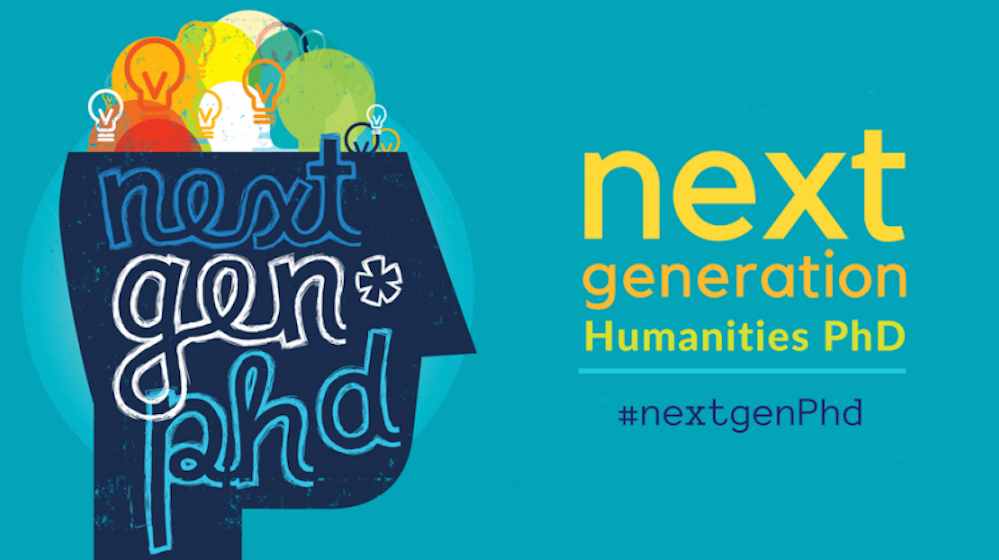archive
Charting New Career Pathways

The Graduate School, under the direction of Project Leader Dr. Patricia Mooney-Melvin, Associate Professor of History and Interim Dean, received a $25,000 grant from the National Endowment for the Humanities (NEH) to support its new project, “Charting Career Pathways: Enhancing and Sustaining Doctoral Education in the Humanities.” The Graduate School is one of 25 grant recipients of the NEH's “Next Generation PhD” program. This new grant initiative provides financial support for universities with the goal of creating new directions in the education of doctoral students in the humanities to broaden career paths outside the academy.
Dr. Mooney-Melvin spoke with PhD student Ruby Oram about the project:
What are the goals for the project “Charting Career Pathways”?
This project has 6 major goals. We want to create opportunities for our students to see themselves as possessing multiple career pathways. An important part of student success revolves around advising and mentoring and this project hopes to strengthen faculty ability to discuss multiple career pathways. We hope to work with the career planning and placement center to develop a robust career guidance program for graduate students. We want our students to be able to communicate with a wide range of audiences. Finally, we want to give students experience outside of the academy while in their graduate programs. Secondary goals include shaping student recruitment messaging to reflect multiple career pathways and to explore curricular opportunities.
Why is it important to provide doctoral students in the humanities with multiple career pathways?
Doctoral education offers students the opportunity to gain both breadth and depth in a discipline. They also acquire and hone a wide variety of skills and abilities that can serve them well where ever their interests take them. While many students may find academic positions and feel fulfilled in these positions, many others will take a different path. It is our responsibility to offer all students the ability to appreciate the range of opportunities available to them.
How will this grant help bring “Charting Career Pathways” into fruition?
We are at the very beginning of the project. The planning committee will meet and formalize our plan of action. The Internship in the Field is a pilot program with the Illinois Humanities Council. The Graduate School provides the assistantship and the Illinois Humanities Council has designed a program that will allow the student to learn about the work of a non-profit as well as work on a specific public humanities project. Philosophy doctoral candidate Nicoletta Ruane is the first recipient of the assistantship.
“Charting Career Pathways” builds on Loyola's tradition of preparing graduate students in the humanities for diverse career trajectories. Loyola founded a pioneering Public History Program, which trains both masters and doctoral students to apply their historical training outside the classroom to museums, archives, and historic sites. Loyola also created one of the earliest masters programs in Digital Humanities through the Center for Textual Studies and Digital Humanities. By challenging the distinction between “traditional” academic careers and “alternative” careers in the humanities, “Charting Career Pathways” is an important step towards allowing PhD students to envision themselves following multiple career paths.
Congratulations, Dr. Mooney-Melvin!
